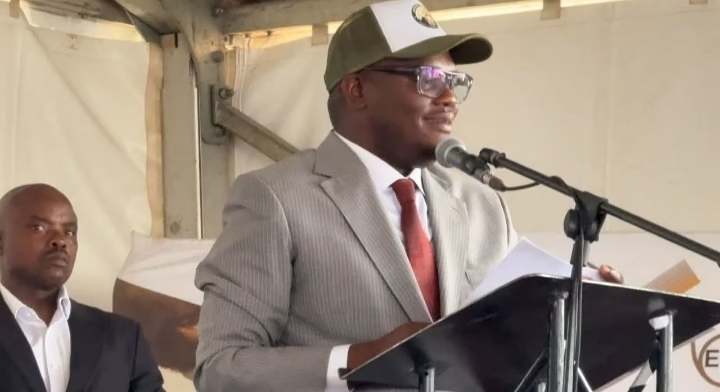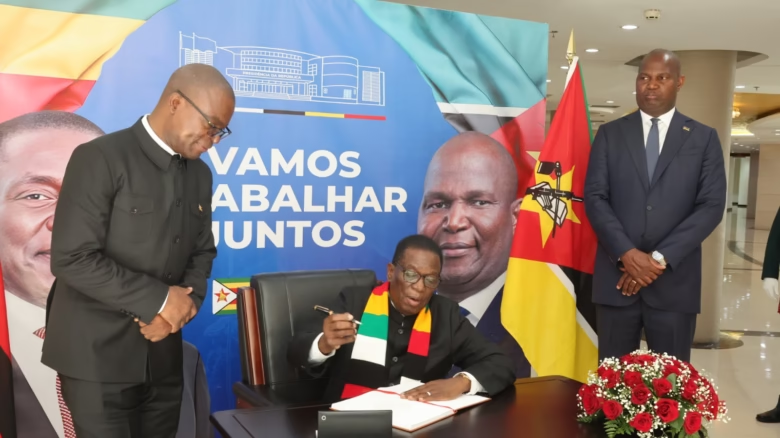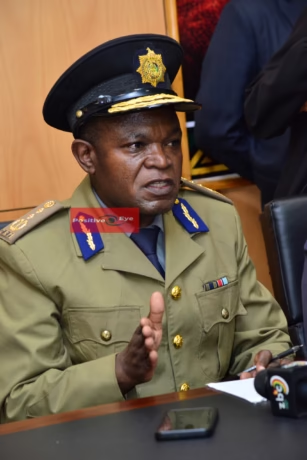
The disbursement of more than US$200 000 from the Presidential Empowerment Fund to ZANU PF affiliates in Mashonaland West has injected fresh momentum into grassroots economic empowerment, reflecting the government’s push to broaden participation in the national economy and advance Vision 2030.
Eight affiliates benefitted, with VaPostori for ED and Children of War Veterans each receiving US$50 000, while six others, including Pastors for ED, Vendors for ED, Boyz dzaMudhara, and Health Ambassadors for ED, received US$20 000 each. The fund, structured as a revolving facility, is designed not only to bankroll projects but to instil a culture of accountability and sustainability.
For many recipients, the allocation marks a symbolic shift from marginalisation to inclusion. VaPostori for ED chairperson Madzibaba Moses described it as “the emancipation of our sector,” while Prophetess Idirashe Dongo of Pastors for ED hailed it as a catalyst that gives faith-based groups confidence to contribute meaningfully to Vision 2030. These sentiments underline the broader narrative: empowerment here is not only about funding, but also recognition and integration of diverse constituencies into national development.
The affiliates’ plans also reveal how empowerment is being translated into tangible community projects. Boyz dzaMudhara intends to expand initiatives aimed at youth livelihoods, while Vendors for ED welcomed the opportunity to align informal sector trading with national standards. Such ambitions suggest that the facility, if managed prudently, could unlock wider social and economic benefits across the province.
However, with opportunity comes responsibility. Both ZANU PF provincial leadership and government officials stressed the need for transparency. Mashonaland West Provincial Affairs and Devolution Permanent Secretary, Mr Josphat Jaji, reminded affiliates that the programme aligns with the Presidential mantra of leaving no one and no place behind, while ZANU PF provincial chairperson Cde Mary Mliswa-Chikoka underscored the party’s expectation of accountability, warning that affiliates must consult and maintain strong ties with the ruling party.
Launching the facility, Presidential Investment Advisor Dr Paul Tungwarara framed the empowerment fund as a cornerstone of Zimbabwe’s developmental trajectory. “The empowerment vision is here to stay. We will continue to ensure that every affiliate benefits. We want to create an empowered community which anchors Vision 2030,” he said.
Beyond the immediate financial injection, the Mashonaland West initiative highlights an important political and developmental dimension: empowerment is being institutionalised not just as rhetoric but through structured financial support. Whether this revolving fund becomes a model for sustainable grassroots growth will depend on the discipline of beneficiaries, oversight from party and government structures, and the ability to scale projects into self-sustaining enterprises.
In this sense, the Presidential Empowerment Fund is more than a lifeline of capital, it is a litmus test of Zimbabwe’s ambition to build an inclusive economy where previously sidelined groups take up a visible stake in shaping the nation’s developmental future.




